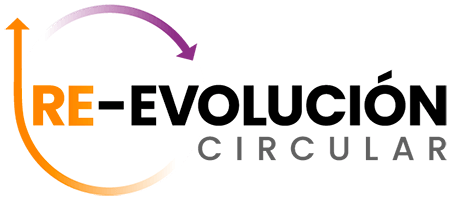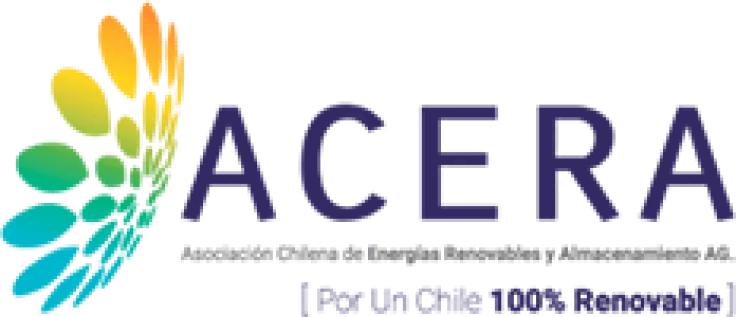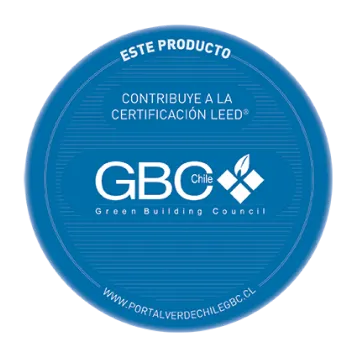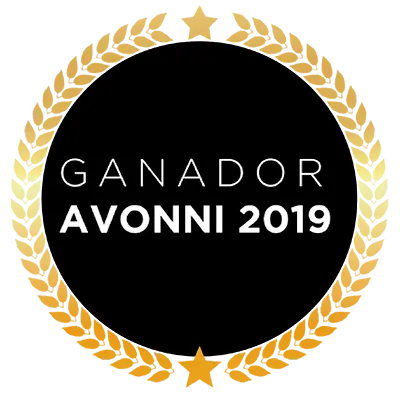No products in the cart.
Céline Assémat: Only 23% of biographies on Spanish Wikipedia are about women



A few weeks ago, we heard some incredible news. Céline Assémat, a woman we didn’t know before, told us that she had written a Wikipedia page for Idea-Tec, which we thought was amazing! As a result, we wanted to learn more about her, her motivations, and why she chose Idea-Tec for this wonderful gesture.
What motivated you to create the Idea-Tec page on Wikipedia?
I am part of two groups of Wikipedia editors: one is the “les sans pagEs” project and association, which works to improve content about women, feminism, and gender minorities on French Wikipedia, and the other is Wikimedia Chile (the local chapter of the Wikimedia movement), which promotes open access to knowledge and encourages the use of Wikipedia in Chile. As part of these groups, I always look for pages to create or improve related to these themes. I am also very concerned about the environment, and I saw in Idea-Tec an opportunity to make a Chilean initiative known, led by women, that seeks to provide a solution to plastic pollution.
How did you learn about Idea-Tec, and what caught your attention about the company?
I came across Idea-Tec several years ago. Although I don’t remember exactly when or how, it’s likely that their project was mentioned by someone I follow on Instagram, who shared environmental actions. I was captivated by their innovation! Later on, I gave them some expanded polystyrene (EPS) to recycle at the Vitacura recycling market.
Was there any interest in promoting gender equality in this initiative?
Yes! I heard about the gender gap 5 or 6 years ago thanks to Jess Wade, a scientist who creates pages about other women scientists on English Wikipedia. The gender gap on Wikipedia refers to many aspects (there is even a Wikipedia page on the subject!), but I’ll highlight the two most notable:
- Only 23% of biographies are about women on Spanish Wikipedia.
- Between 9% and 16% of Wikipedia editors worldwide are women (only 8% in Chile according to a survey conducted by Wikimedia Chile at the end of 2023).
To address this situation, I joined the “les sans pagEs” project in 2019. This initiative, created in 2016 by a French editor, aims to reduce the gender gap on French Wikipedia and played an important role in raising the percentage of women in biographies in French from 14% in 2016 to nearly 20% in 2024! Within Wikimedia Chile, I also particularly support activities that aim to reduce the gender gap.
What sources of information did you use to write the Idea-Tec page?
To demonstrate the notability of Idea-Tec (which allowed the page to not be deleted) and to develop the content, I used secondary sources, such as press articles. In addition to using Google to find information, the press releases available on the Idea-Tec website helped a lot.
How long did it take you to complete the page?
Since I’m experienced in creating pages, it was relatively quick. Probably between one and two hours to create the page in French, and then half an hour for each translation (into Spanish and English).
Did you receive help from other collaborators or Wikipedia editors?
Not during the creation, but once the page was published, it could be edited by anyone! In French and English, it received improvements in formatting and style from other users. In particular, in French, the page was identified as “orphan” (no other Wikipedia page linked to it, making it harder for readers to find) and a user took care of fixing this.
What were the biggest challenges you faced during the creation of the page?
I am not an expert in chemistry, so I had some doubts about the vocabulary, especially in the translations, but nothing that couldn’t be resolved with Google Translate.
How did you resolve issues related to the neutrality of the content?
I tried to maintain a good structure and neutral writing, based on facts and figures, to avoid the page being marked as “promotional.” When collecting information, the list of press releases on the Idea-Tec website helped a lot, but I also used Google to search for sources, ensuring the information was neutral and not leaning toward critical articles (which, in any case, I didn’t find).
How has the reaction from the Wikipedia community been to the Idea-Tec page?
There haven’t been many reactions, which I consider good news because it means the page shouldn’t have major problems. It also reflects that the topic of the page is still little known and not yet linked much with the rest of the encyclopedia.
Have you received comments or feedback from readers or from Idea-Tec itself?
I received reactions from the Idea-Tec Instagram account and from one of its founders, Cristina Acuña, who was very happy!
Do you have plans for future updates or improvements to the page?
I will stay alert to news related to Idea-Tec and its founders, thanks to a Google alert that notifies me if new content about them is published online. Additionally, I would like to add illustrations to the page. The photo that already appears was taken by me at the Vitacura recycling market in January 2024, but I would love to include a photo of the paints as well (if someone takes one before I do, they can upload it to Wikimedia Commons, a library of freely licensed images associated with Wikipedia!)




